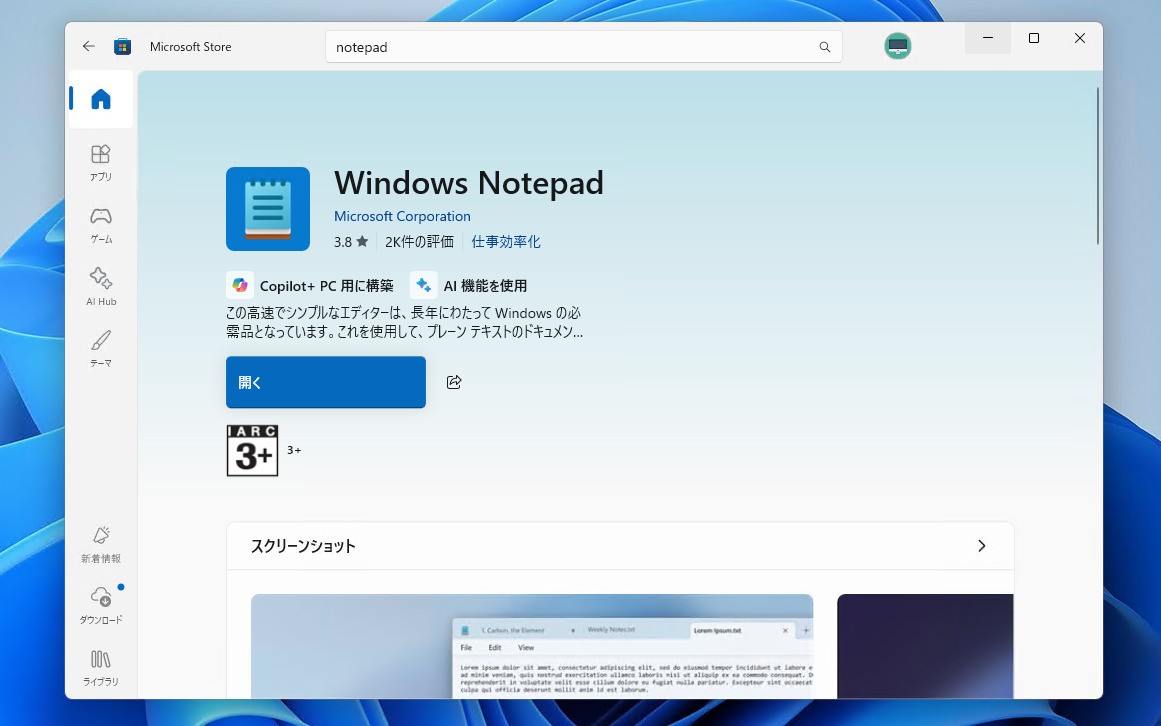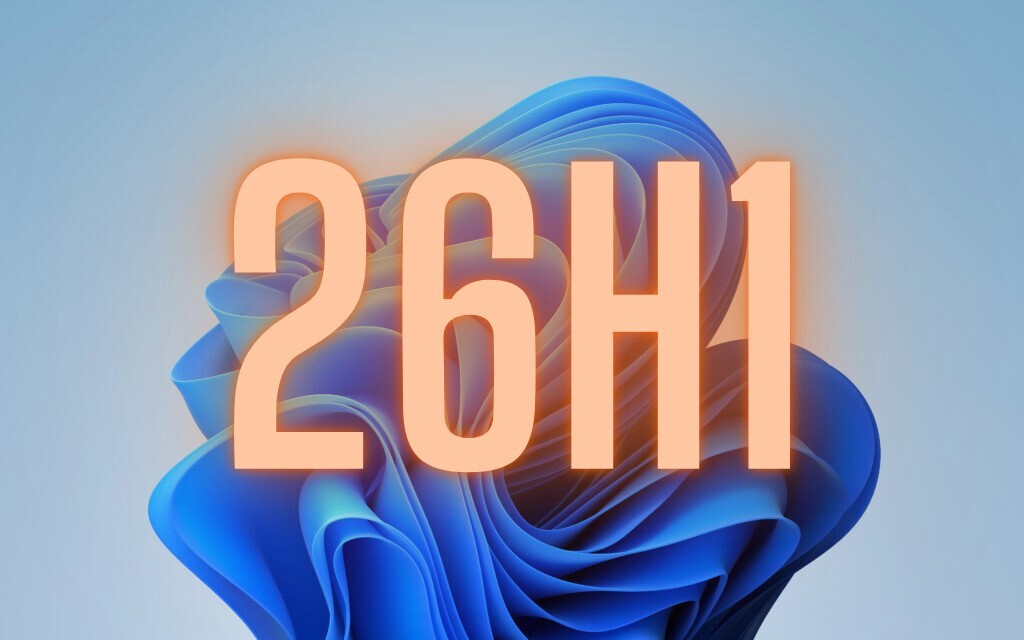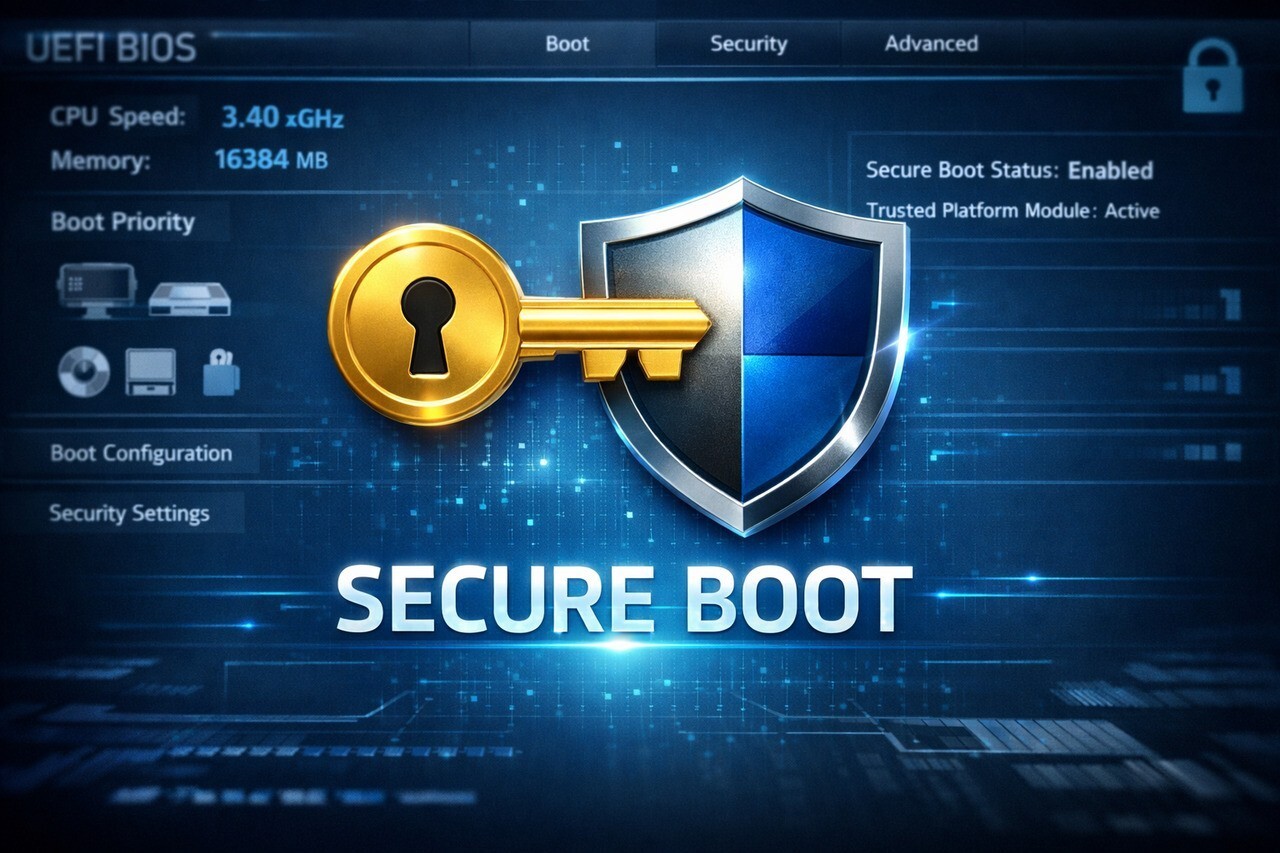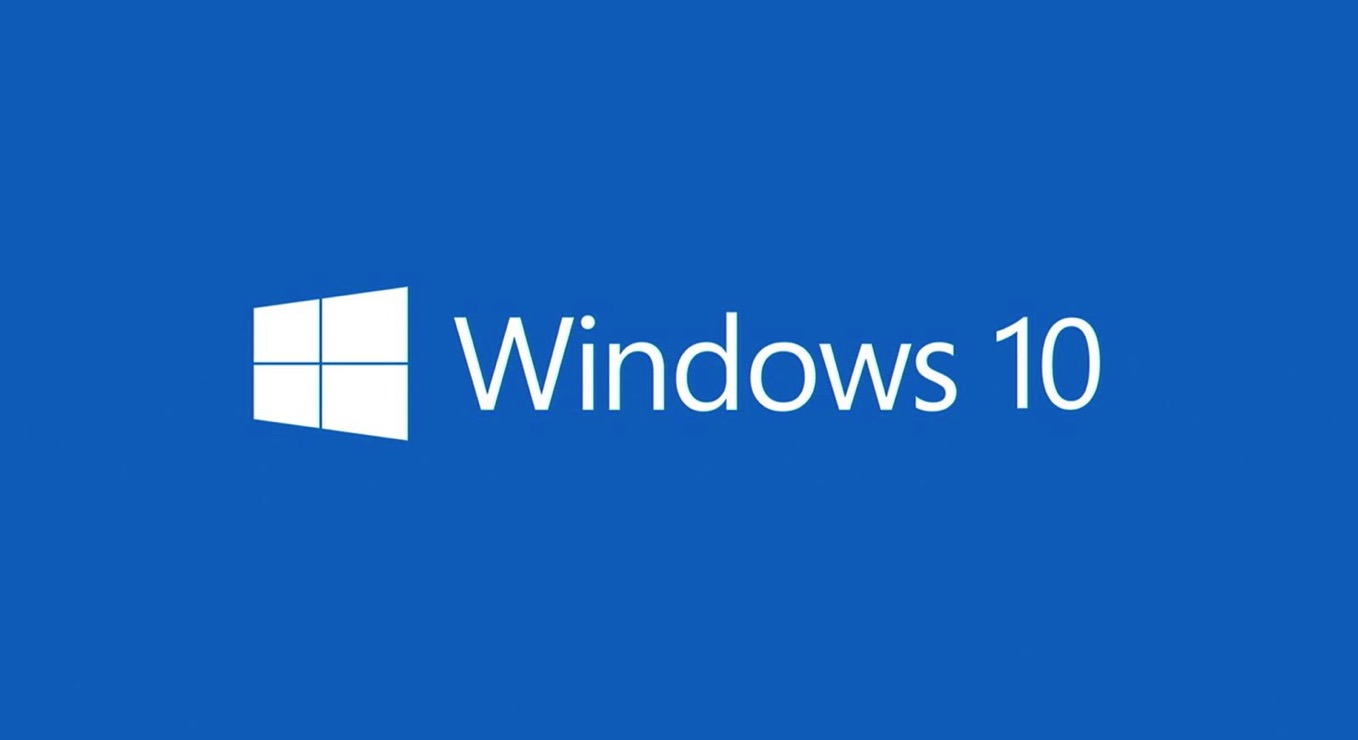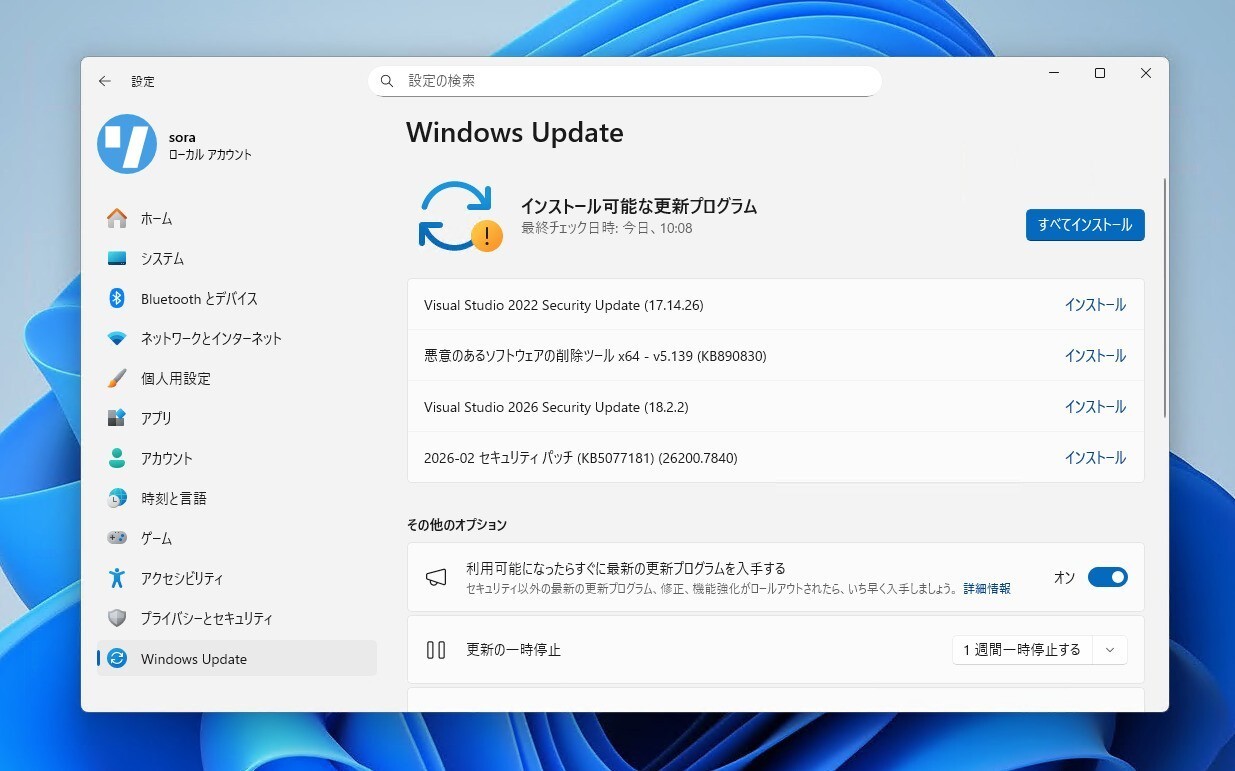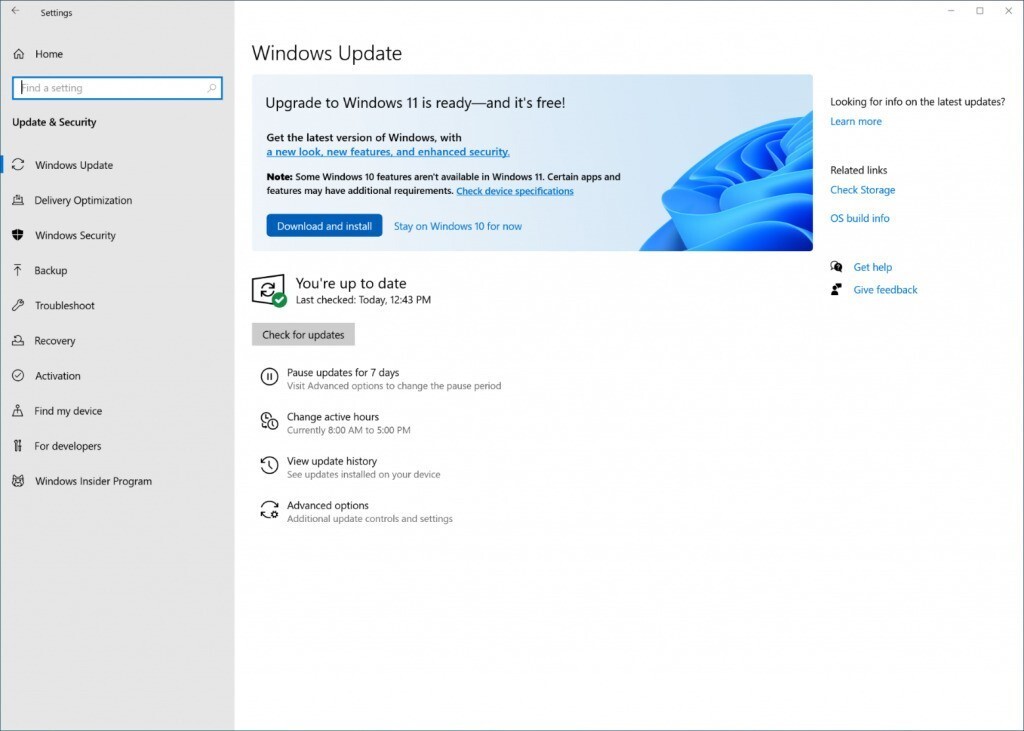
Microsoftは10月5日(現地時間)、新オペレーティングシステム「Windows 11」の一般提供を開始しました(Windows Blog)。
Windows 11は6年ぶりとなるWindowsメジャーバージョンアップ版で、スタートバーやタスクバーなどのUIの刷新が特徴となっています。また、新しいウィンドウレイアウト機能や、ウィジェット機能など、生産性向上のための改良も行われています。
Windows 11は、Windows 10 PCから無償アップグレードが可能ですが、最小システム要件が変更されているため、アップグレードが可能かどうか「PC正常性チェック」アプリを実行して確認しておく必要があります。またWindows 11がプリインストールされたPCも販売される予定です。
Windows 11のハードウェア要件は以下の通りです。
- Processor: 1 gigahertz (GHz) or faster with two or more cores on a compatible 64-bit processor or system on a chip (SoC).
- RAM: 4 gigabytes (GB) or greater.
- Storage: 64 GB* or greater available storage is required to install Windows 11.
- Additional storage space might be required to download updates and enable specific features.
- Graphics card: Compatible with DirectX 12 or later, with a WDDM 2.0 driver.
- System firmware: UEFI, Secure Boot capable.
- TPM: Trusted Platform Module (TPM) version 2.0.
- Display: High definition (720p) display, 9" or greater monitor, 8 bits per color channel.
- Internet connection: Internet connectivity is necessary to perform updates, and to download and use some features.
- Windows 11 Home edition requires an Internet connection and a Microsoft Account to complete device setup on first use.
Windows Updateによる提供は段階的に行われ、2022年半ばまでに全てのデバイスに対するロールアウトが完了する予定です。PC正常性チェックアプリによってWindows 11との互換性が確認され、アップグレードの準備が完了しているWindows 10デバイスでは、Windows Updateの「更新を確認」を選択することで、Windows 11のダウンロードオプションが表示される場合があります。
Windows Updateを使用せず、手動でアップグレードしたい場合、更新アシスタントやメディア作成ツールをこちらからダウンロードすることができます。

